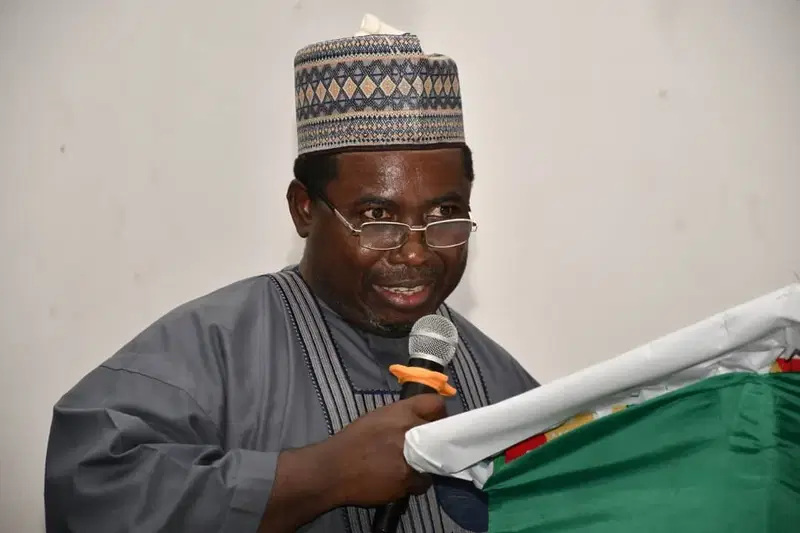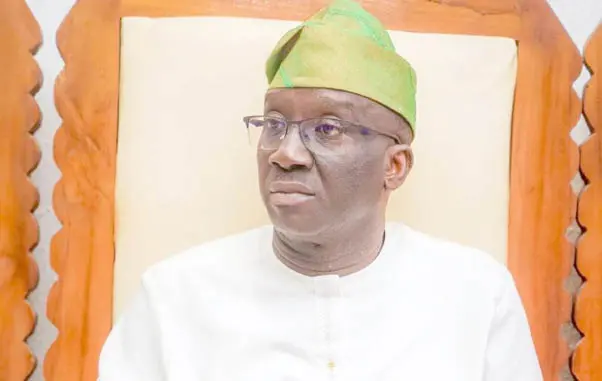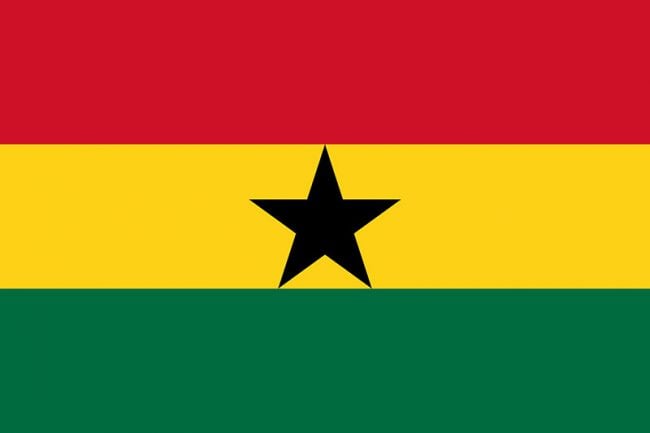
Prof. Joash Amupitan, the Chairman of the Independent National Electoral Commission (INEC), has pledged to champion “electoral justice” in Nigeria as a core strategy to reduce the high number of post-election litigations.
Amupitan, in an interview with newsmen in Awka, acknowledged that it is the right of a candidate or political party to seek legal redress in court over an election.
He said that under his leadership, INEC would strive to conduct an election where contestants would see no justification to contest, but would accept the outcome because it complied with the laws.
“One of the things I want to introduce in this country is electoral justice. So that if you lose, you know you have lost.
“When you feel cheated, or you have been short-changed by INEC or by undue advantage through the security men or whatever it is, and you say okay, I must go to court and challenge it.
“But if within yourself, you know that justice has been served. I’m sure that some people will now begin to accept it.
“Nobody can force anybody not to go to court. There’s what is known as access to justice, and the courts must wait for somebody to bring a case to court.
“So, if nobody brings a case, even if you set up a tribunal and nobody goes to the court, the court cannot force you to bring your case.
“It may not be immediate, but we are looking at a situation whereby our elections will not be faulted,’’ Amupitan said.
The INEC chairman said that while there is no perfect election, a near-perfect election would help reduce litigation.
Noting cases where even governorship elections were overturned, sometimes rightly or wrongly, Amupitan emphasised the need to comply with the laws in a manner that would not give the tribunal or court any discretion.
“You know, we have practiced law. Sometimes we tell the judges, in this matter, sir, you don’t have a choice, your hands are tied because we have complied with the laws. That is what we have been saying,’’ he said.
Amupitan stated that to achieve the target, every stakeholder must adhere to the rules, comply with the provisions of the Constitution, the Electoral Act, and INEC regulations.
“When you comply with those provisions, anyone going to court will think twice.
“We were once involved in an election petition. When we read the petition, we said, whoever filed this petition must withdraw it.
“It’s unusual, but by the time they saw the reply, they had no choice but to withdraw,’’ he said
Amupitan said that the cost of election litigations, from the tribunal to the Court of Appeal , was not cheap.
He said people would have a rethink when they see obvious reasons not to go to court.
“People may still go to court, but by the time they know that these people are serious and they know what they are doing, litigation will naturally reduce,’’ he said.
Amupitan acknowledged that some people go to court over frivolous election matters, even pre-election issues. He said the commission was working on measures to address the challenge.
“The commission is working on necessary projections and amendments of the electoral act to ensure that if you go to court on a frivolous matter, then you pay penalties and refund whatever cost that INEC has paid.
“By the time we’re able to perfect all this within the laws, then it will diminish the number of cases that go to court,’’ he said.
Amupitan said part of what he would be pushing for to reduce litigation would be to promote integrity and inclusivity in the electoral system, especially for Persons with Disabilities.
He also promised to enhance the structure he met on the ground, including logistics deployment.
“Most of the things that have been taken for granted, we said, no, we will not take them for granted anymore. One of them is transport logistics. You just assume we have signed a Memorandum of Understanding (MOU), but that’s not the case.
“We have gone further into details of requesting the names of the drivers, their phone numbers, inspection of the vehicles, meeting with the union,’’ he said.
VANGUARD.




